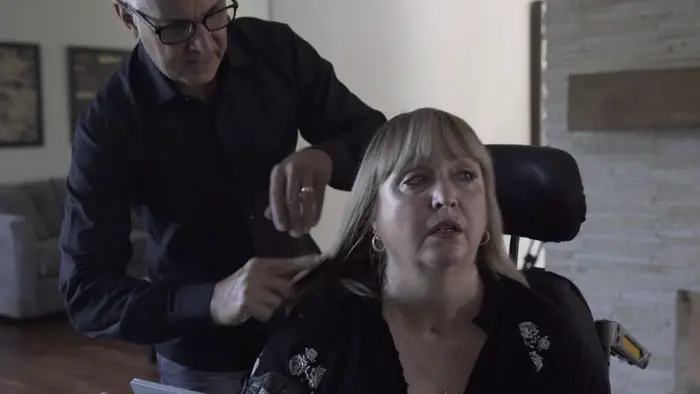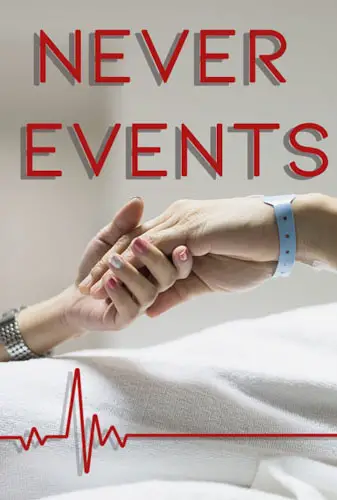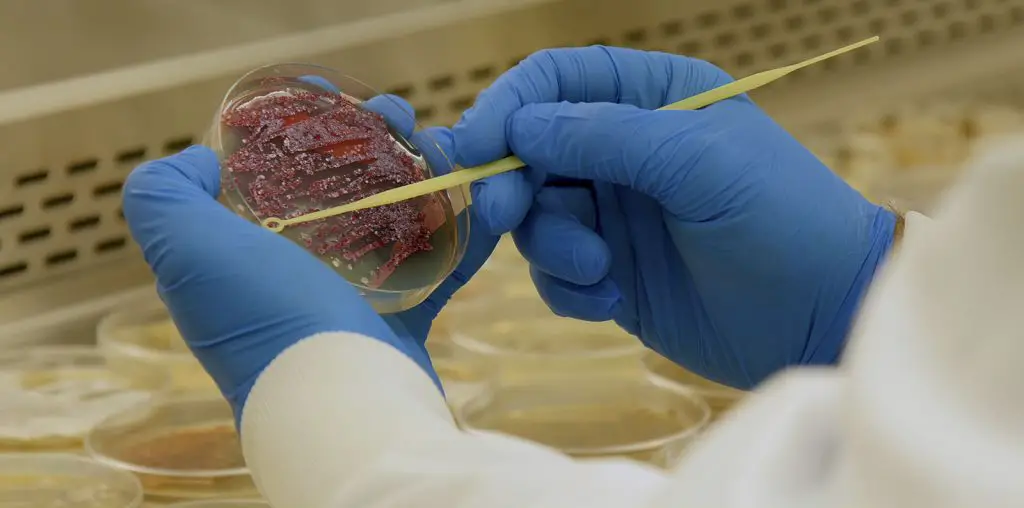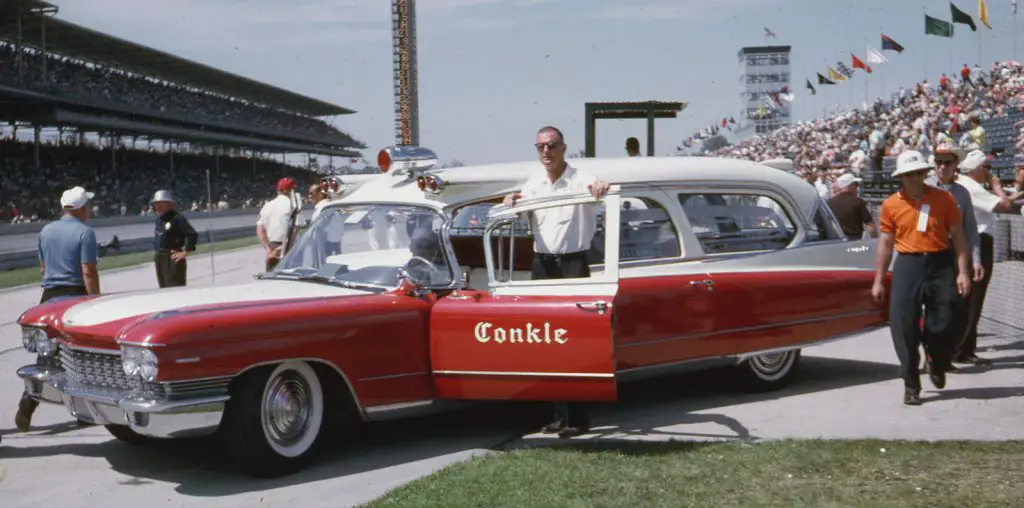
The law caps awards for non-economic damages, which is to say, pain and suffering: any effect of an injury that doesn’t directly impact a patient’s ability to earn. This is a messy argument, as financial compensation for intangible damages rests solely on how a jury reacts emotionally to a case. An award to a child, for example, who suffered burns because their fire-resistant pajamas didn’t protect them, could be astronomical because of how horrific the injuries present and the helplessness of the victim.
The result of many huge awards would be to drive insurance premiums through the roof for doctors and hospitals. Cynically, it seems malpractice attorneys were treating injury cases as profit machines and driving this cycle of costs. With the enactment of the MICRA law, however, the malpractice insurance costs did not decline as expected. Also, attorneys who specialize in malpractice cases will now only accept the one that could prove most lucrative. The legal profession has clearly contributed to the ongoing issues in our overly litigious society. Cash should not be the answer to every injury. The entire US Medical industry as a for-profit enterprise leads to these mind-boggling inequities of access to legal relief for injuries, as well as to the mistakes that cause the cases, and it is this, top to bottom, the entire culture of health care in the U.S., that must change.

“…the stories are compelling, and the images of damage done to the patients are graphic and scary…”
The other point the film makes clear is that doctors, like lawyers, or electricians, come in varying degrees of expertise and strength of character toward their chosen occupation and clients. During my time serving in the U.S. Air Force, we joked that our doctors were the “D” students from medical school who could only get work by joining the military. That’s probably not true, but it highlights the fact that “D” is a passing grade, even from medical school, and patients need to practice due diligence in finding a doctor. Whenever possible, one should try to find the medical professionals at the top of their game in knowledge, skill, and care.
Aside from too much time spent on MICRA, Never Events provides an eye-opening perspective on medical mistakes. In addition, Asatrian offers great advice on self-advocacy as a patient, outlining ways to prevent medical errors and tools for the audience to protect themselves from medical harm better.

"…exposes the prevalence of preventable medical mistakes..."


